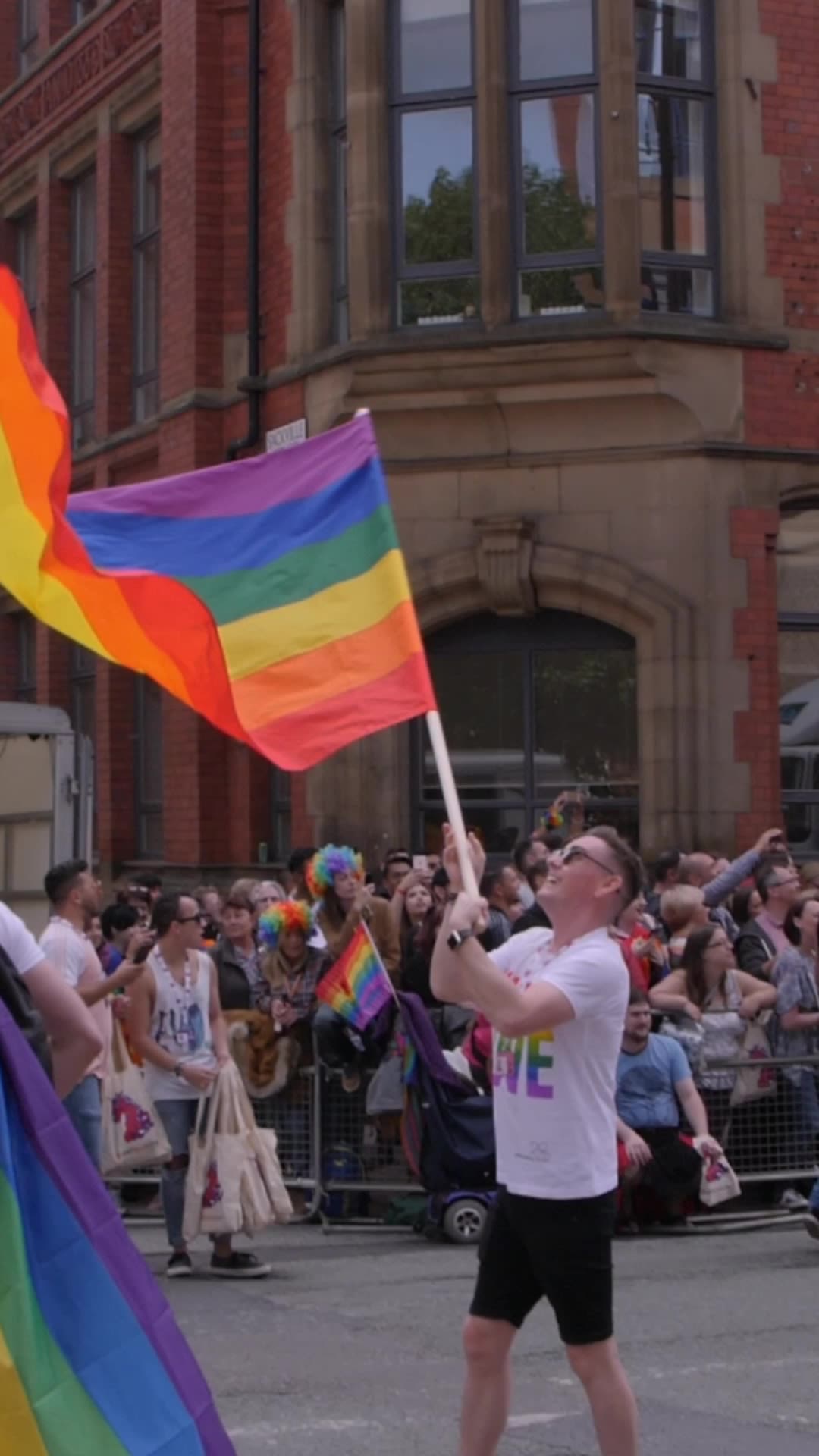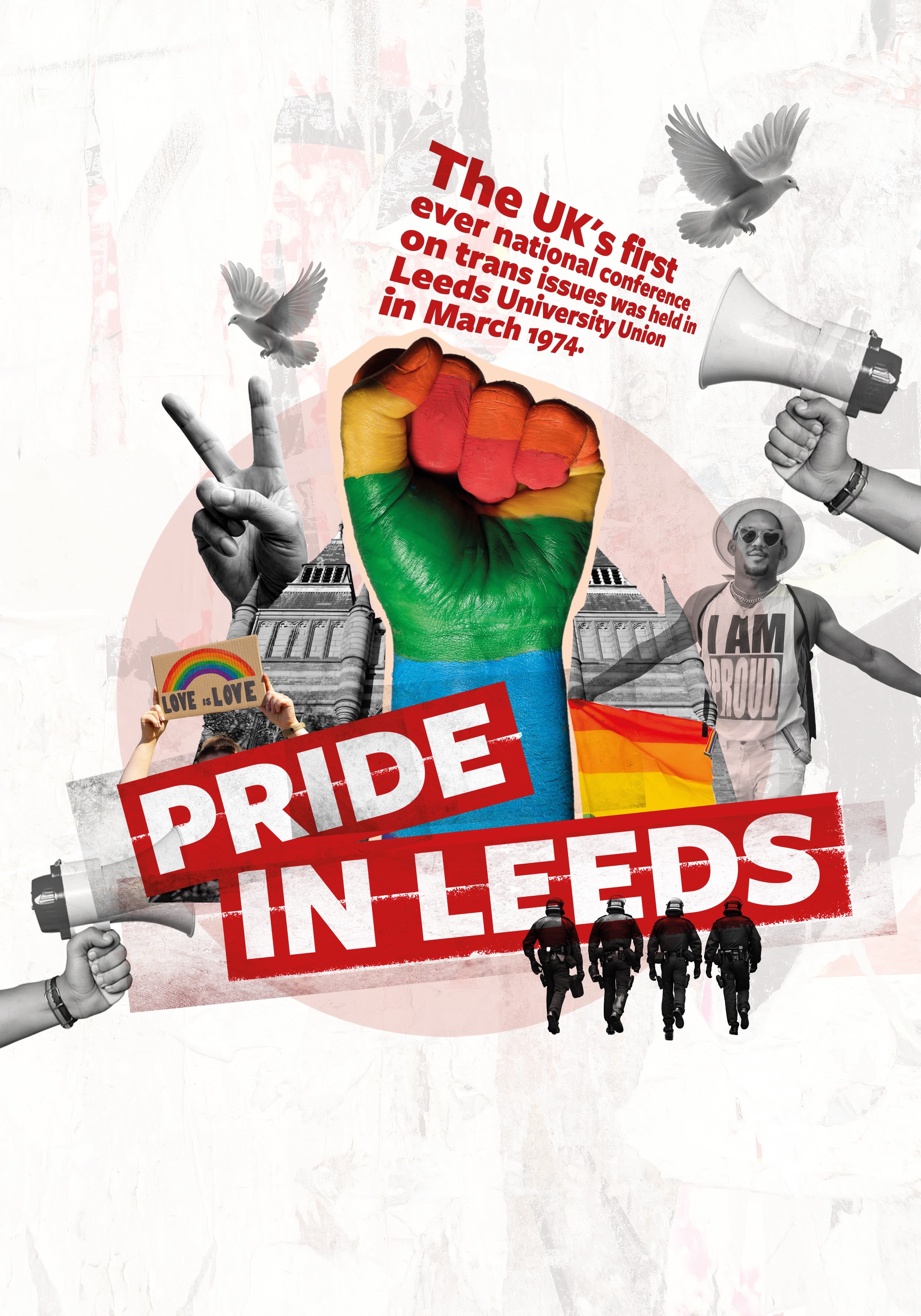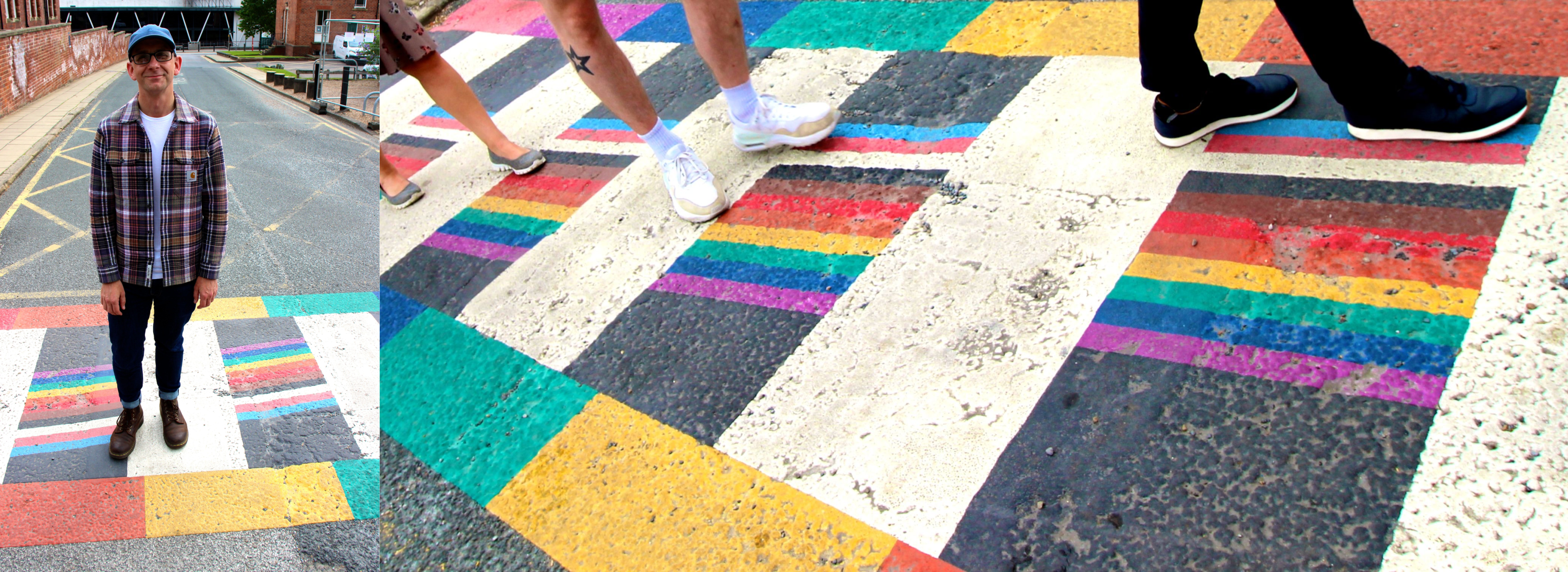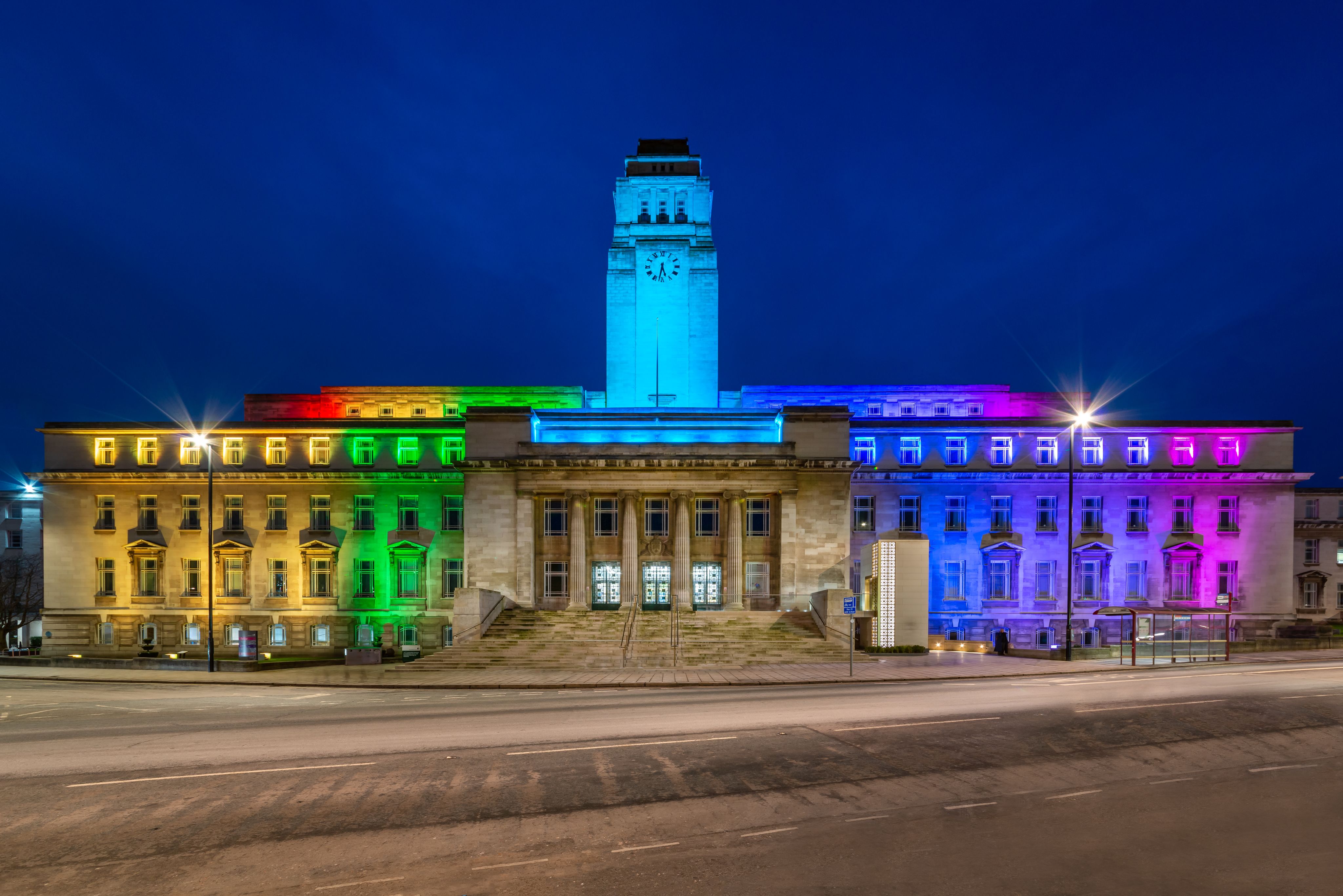Pride Global Scholarships

A new fundraising project will establish Leeds as the world leader in LGBTQ+ research.
Across the world, LGBTQ+ people face questions of legality, harassment, discrimination and violence every day.
Leeds has a proud history of bringing about positive change. The University is home to research on hate crime, human rights, and marriage inequalities. The city has been a trailblazer for progression and support for minorities.
Now, Pride Global Scholarships will enable researchers to investigate the challenges facing LGBTQ+ people globally, and explore possible solutions.
Why now?
Progress towards LGBTQ+ equality is slow, and in many places the situation is getting worse:
- 64 countries have laws which criminalise homosexuality.
- In countries such as Iran and Afghanistan people can be sentenced to death for same-sex sexual acts.
- 15 countries retain stoning as the punishment for adultery, including gay sex.
- Same-sex marriage is still only recognised in 35 countries.
- Every day discrimination is a damaging part of everyday life across the globe – impacting areas ranging from job access to receiving healthcare.
- In some states new discriminatory laws are still being passed.
Understanding the issues and finding effective solutions is more important than ever.
Pride in Leeds
The city of Leeds has a rich history of supporting LGBTQ+ minorities – with the University at its beating heart – making it the perfect location to continue that tradition:
- As long ago as the 1930s, The Freedom Quarter of Leeds became known for welcoming gay and transgender men.
- The University society branch of the national Gay Liberation Front distributed leaflets and demonstrated for same-sex rights in the 1970s.
- The University hosted the country’s first ever trans conference with 102 attendees in 1974 – and a blue plaque has been raised to mark the 50th anniversary of the event.
- The Yorkshire Terriers Football Club was established in Leeds in 1997, one of the first gay-friendly team to be created in the UK.
- One of the UK’s very first civil partnerships was held on 21 December 2005 between local entrepreneurs Terry George and Michael Rothwell after a special licence was granted to their bar, Fibre, on Lower Briggate.
- The first ever Trans-Pride celebration in the north of England was held in Leeds in March 2018.

A world-leading initiative
The Pride Global Scholarships are also a world first.
With no similar academic programme in existence, the multi-year initiative will fund 25 PhD studentships to research a contemporary aspect of discrimination or social injustice experienced by LGBTQ+ people.
Applications will be open to qualified individuals from anywhere across the globe, and once on board, scholars will work with a dedicated Impact Manager to translate academic research into positive change.
Their work will tackle issues head on. In time, they will become the next generation of global leaders in LGBTQ+ research.
At the forefront of the project, Professor Paul Johnson OBE is a world leader in the field.
Professor Johnson regularly engages with the UK Parliament and has worked on many aspects of law reform relating to sexual orientation equality – playing a fundamental role in bringing about Turing's Law, which was named after the Bletchley Park codebreaker Alan Turing, who committed suicide in 1954 following a conviction of gross indecency with a man.
Turing’s Law led to the posthumous pardons of gay and bisexual men formerly convicted of having consensual sex with other men.
“My hope is that the Pride Global Scholarships will produce the comprehensive understanding we need on a wide range of issues to change people’s lives," says Professor Johnson. "We'll also create lasting tangible benefits – and develop the research leaders of tomorrow.”

Project lead Professor Paul Johnson OBE (left) is a world leader in the field
Project lead Professor Paul Johnson OBE (left) is a world leader in the field
Impactful research
If we want to address discrimination against LGBTQ+ people we need evidence-based understanding of the problems, the challenges and the solutions. That has to come with high-quality research, which can only be done by institutions like the University of Leeds.
Pride scholars will have the opportunity to carry out new and novel forms of evidence-based research. They will follow the example of Leeds researchers with a strong track record for impactful research which creates positive societal change. Key examples include:
Legal responses to conversion therapy
Professor Trispiotis gave evidence to the House of Commons Women and Equalities Committee on the Government's proposed legislation against conversion therapy in the UK. Professor Truspiotis has advised UK MPs, NGOs and charities working on this area.
Righting wrongs for LGBTQ+ veterans
Professor Johnson successfully campaigned to right historical wrongs for LGBTQ+ veterans and their families. Professor Johnson worked with the Labour peer Lord Cashman and the Conservative peer Lord Lexden to extend restorative measures to right historical wrongs for LGBTQ+ veterans and their families.
Advancing the rights of intersex people in Europe
The School of Law’s Dr Mitchell Travis presented expert evidence to the Council of Europe's conference on 'Advancing the Human Rights of Intersex People' in Strasbourg.
Dr Travis joined the conference to discuss physical integrity, bodily autonomy and comprehensive medical and social care for intersex people.

What's next?
Donor support is needed to help establish the Pride Global Scholarships programme at Leeds.
For more information about Pride Global Scholarships, and for details of how you might support the programme, contact Rebecca Morgan at r.k.morgan@leeds.ac.uk
To explore more about Pride Global Scholarships, view our 2024 Leeds magazine.